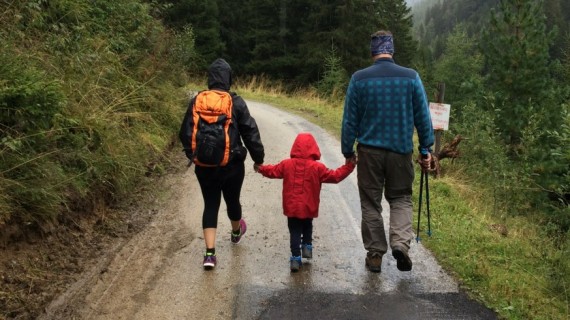As the world becomes increasingly aware of the environmental challenges we face, the concept of green travel has gained significant traction. Green travel, also known as sustainable or eco-friendly travel, involves making conscious choices that minimize negative impacts on the environment and local communities. This form of tourism has gained popularity due to its potential to reduce carbon footprints and preserve natural resources. However, the impact of green travel extends beyond the individual traveler, reaching into the very fabric of family dynamics. This article explores how experiences with green travel can shape and influence family interactions, creating opportunities for bonding, environmental consciousness, and personal growth.
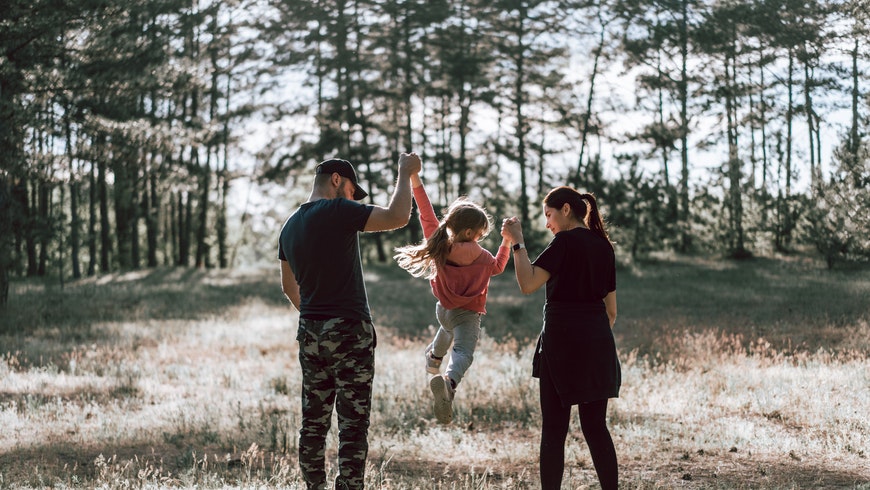
Positive Impacts of Green Travel on Family Dynamics
Green travel has the power to bring families closer together and create lasting positive impacts on their dynamics. By engaging in eco-friendly activities together, families can strengthen their bonds through shared experiences. Whether it’s hiking through lush forests, snorkeling in pristine coral reefs, or participating in community-led conservation projects, these activities foster a sense of teamwork and collaboration. As family members work together to make sustainable choices, such as using reusable water bottles or supporting local eco-friendly businesses, they develop a shared purpose and a deeper understanding of the importance of environmental stewardship.
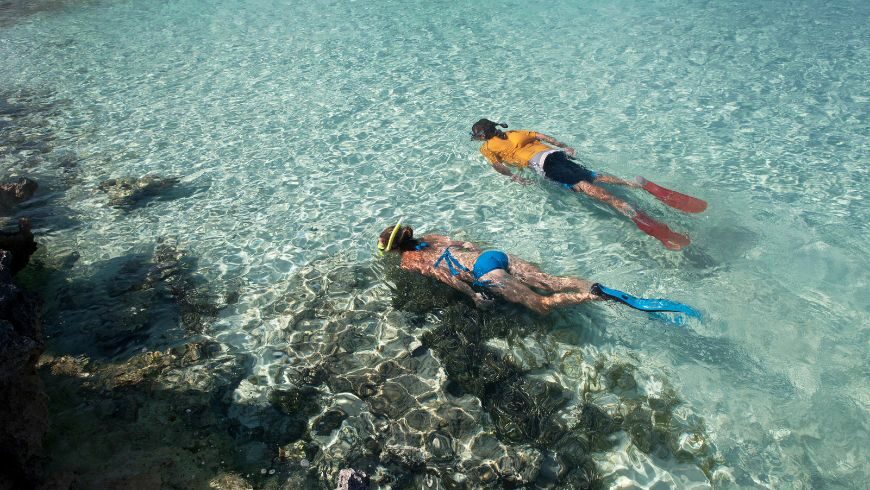
Participating in green travel experiences also promotes environmental consciousness among family members. Through educational tours and interactive exhibits, families can learn about the delicate balance of ecosystems, the impacts of climate change, and the significance of conservation efforts. These insights inspire a sense of responsibility towards the planet, encouraging family members to adopt more sustainable behaviors not just during the trip but also in their daily lives. By implementing these practices collectively, families become catalysts for positive change and serve as role models for others.
Moreover, green travel fosters a sense of adventure and exploration within families. It provides an opportunity to discover new destinations, cultures, and ways of life. By stepping out of their comfort zones and embracing sustainable travel, families cultivate open-mindedness, adaptability, and resilience. Exploring eco-tourism destinations and engaging with local communities also promotes cultural understanding and empathy, broadening family perspectives and deepening their appreciation for diverse environments.
As a good example, green travel experiences can often be likened to the heartwarming tale of ‘The King of the Lambchops.’ Just like Amos, the lion who found acceptance and love within a flock of sheep, families engaging in eco-friendly travel foster a deep sense of belonging and togetherness. The story teaches us that despite our differences, we can form unbreakable bonds. Similarly, green travel brings families closer as they embark on shared adventures and participate in eco-friendly activities. It cultivates a sense of unity, reminding family members that they are part of something greater, a collective effort to protect and preserve our planet.
Challenges and Potential Conflicts in Green Travel Experiences
While green travel offers numerous benefits, it is not without its challenges and potential conflicts that can arise within families. One such challenge is the existence of differing eco-friendly preferences and priorities. Family members may have varying opinions on what constitutes sustainable travel. For example, some may prioritize staying in luxurious accommodations, while others may prefer eco-lodges or camping options. Balancing convenience with environmental impact can be a point of contention, requiring open communication and compromise.
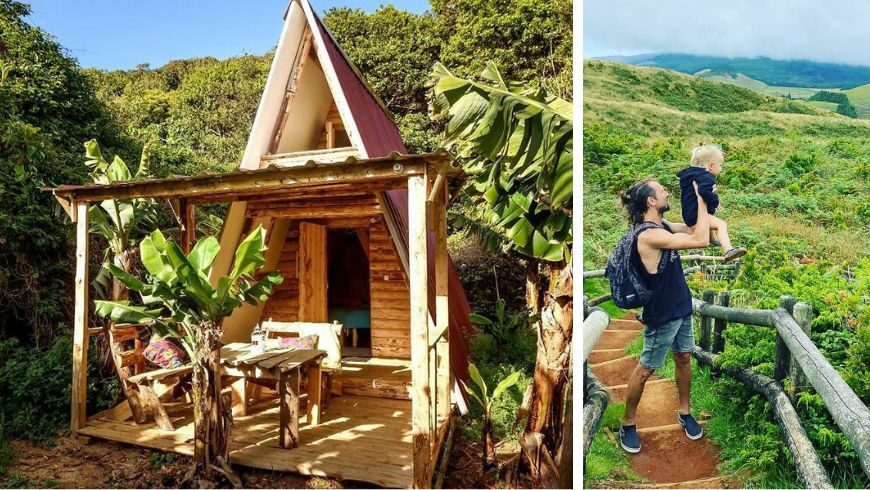
Another challenge is managing expectations and overcoming obstacles that may arise during green travel experiences. Eco-tourism destinations, especially those in remote areas, often have limited infrastructure, which can lead to inconveniences and adjustments. Adapting to sustainable travel practices, such as reduced water usage or limited access to modern amenities, may require patience and flexibility from family members.
Addressing conflicts arising from limited choices and options is another potential challenge. In some destinations, sustainable alternatives may be scarce, limiting the choices available to families. Disagreements may arise when deciding between sustainable but less convenient options and less eco-friendly but more accessible alternatives. Finding common ground and reaching compromises that align with the family’s sustainability goals become crucial in maintaining harmony and avoiding conflicts.
Navigating these challenges requires effective communication, mutual respect, and a willingness to find solutions that accommodate everyone’s needs and values. By openly discussing preferences, setting realistic expectations, and actively involving all family members in decision-making, potential conflicts can be mitigated, and a harmonious balance between sustainable choices and individual comfort can be achieved.
Strategies for Maximizing the Positive Impact of Green Travel on Family Dynamics
To maximize the positive impact of green travel on family dynamics, it is essential to employ effective strategies that promote sustainability, engagement, and reflection. These strategies can further enhance the transformative potential of eco-friendly travel experiences.
Pre-trip planning and communication play a crucial role in setting the stage for a successful green travel experience. Involving all family members in destination selection and itinerary planning fosters a sense of ownership and ensures that everyone’s interests and preferences are considered. By openly discussing sustainability goals and expectations, families can align their values and make informed decisions that prioritize environmentally friendly practices.
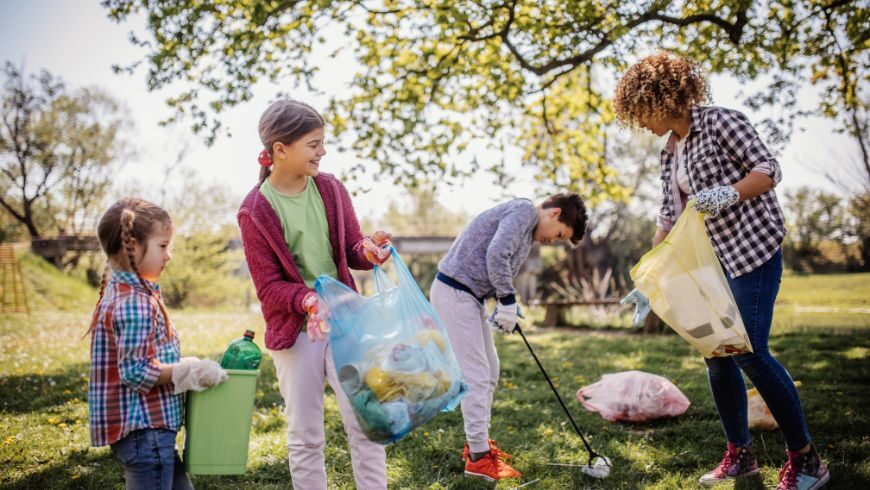
Incorporating educational and experiential elements into the trip enhances the learning and bonding opportunities. Families can seek out eco-friendly attractions, nature reserves, or wildlife sanctuaries that offer educational programs and guided tours. Engaging in eco-tourism activities, such as sustainable farming practices, wildlife conservation projects, or beach clean-ups, allows family members to actively contribute to local sustainability efforts. Moreover, participating in volunteer opportunities or supporting community-led initiatives during the trip fosters a sense of empathy and social responsibility.
After the trip, encouraging reflection and discussion helps solidify the positive impact of green travel on family dynamics. Sharing thoughts, experiences, and lessons learned reinforces the value of sustainable behaviors and encourages family members to integrate them into their daily lives. This reflection can also help identify areas for improvement and set future sustainable travel goals as a family, promoting continued growth and engagement with eco-friendly practices.
Conclusion
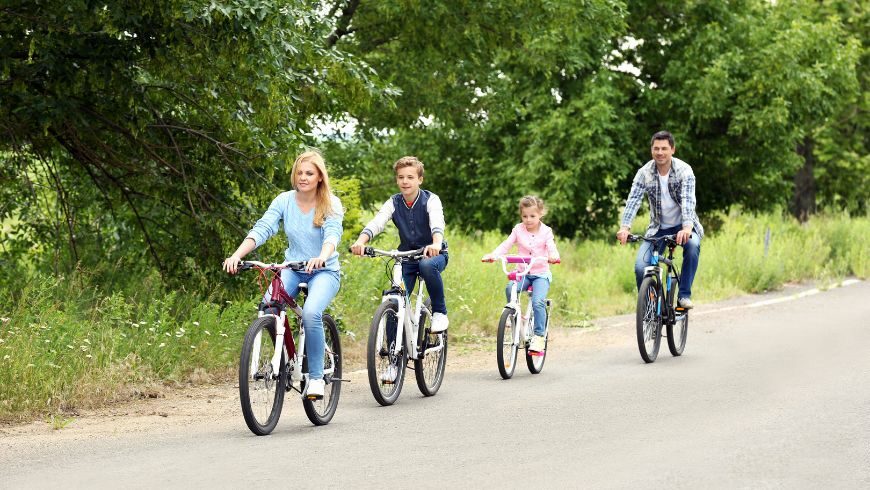
In conclusion, the impact of green travel on family dynamics goes beyond mere vacations. It has the power to create lasting connections, foster environmental consciousness, and ignite a spirit of exploration within families. By engaging in sustainable practices together, families strengthen their bonds and develop a shared purpose rooted in preserving our planet. Despite challenges and potential conflicts, effective strategies such as pre-trip planning, experiential learning, and post-trip reflection can maximize the positive influence of green travel. As families embrace sustainable travel, they not only create cherished memories but also contribute to a better future for generations to come. Let us embark on the journey of green travel and shape our family dynamics for the better, as we nurture a deep love and respect for both each other and our precious environment.




